

In the past two years, Pharmacological Sciences has added four new faculty members in diverse and complementary research areas.
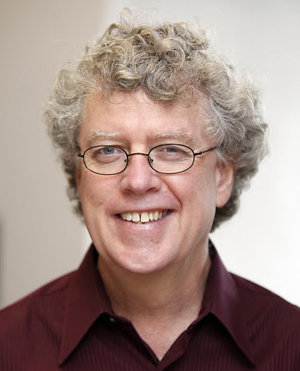 Dr. Bruce Demple
Dr. Bruce DempleDr. Bruce Demple joined the faculty from the Harvard School of Public Health in 2009. Dr. Demple was recruited as part of the SBU Consortium for Inter-Disciplinary Environmental Research (CIDER), a multi-departmental initiative to tackle “challenges that stem from the complex interactions between humans and the natural world.” Dr. Demple’s research is driven by trying to understand how cells defend against damaging molecules that are endogenous to cells but also produced by environmental agents. Drawn to SBU by both the ongoing research in the medical school and the opportunities afforded by CIDER, Dr. Demple is “happy with the colleagues and the prospects for collaboration at SBU” that he has encountered since arriving.
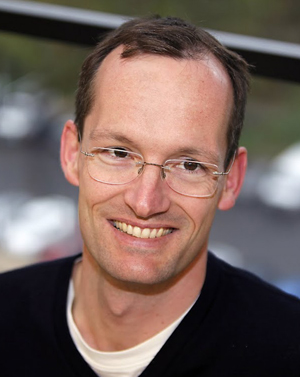
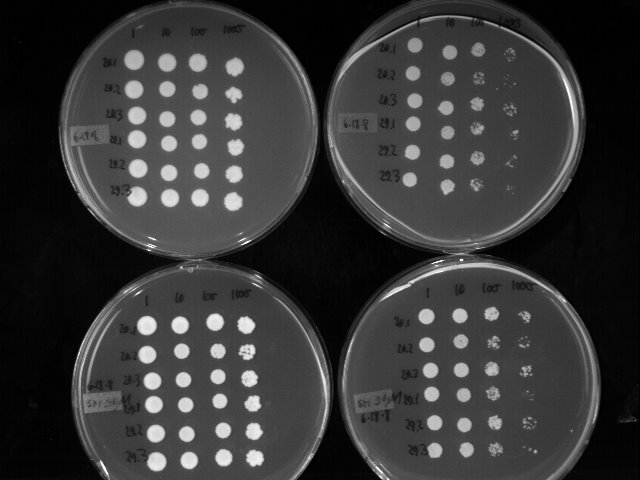
The department has also welcomed three junior members to its faculty. Dr. Markus Seeliger, who joined in the fall of 2009, studies role of protein plasticity and dynamics in the promiscuity of kinase inhibitors and the regulation of ubiquitin system. Key questions in his research group concern the regulation of kinase activity, including how active and inactive conformations are stabilized and how these states interconvert. A new research area concerns the age-related changes in the substrate spectrum of ubiquitin ligases.
Dr. Adan Aguirre arrived shortly after Dr. M. Seeliger in January 2010. Dr. Aguirre’s lab investigates the cellular and molecular mechanisms that regulate the transition of undifferentiated neural progenitor cells, or neural stem cells, into specialized neural cells during normal development. His group is examining how these mechanisms function in pathological situations when microenvironments are modified.
Both Dr. M. Seeliger and Dr. Aguirre are supported by the NIH K99/R00 Pathways to Independence Award program, the purpose of which is “to increase and maintain a strong cohort of new and talented NIH-supported independent investigators” by facilitating their transition from mentored postdoctoral fellow to independent researcher.
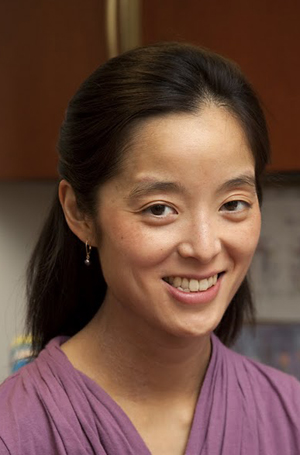 Dr. Jessica Seeliger
Dr. Jessica Seeliger Since November 2010, Dr. Jessica Seeliger has been building her research program on membrane biogenesis in the human pathogen
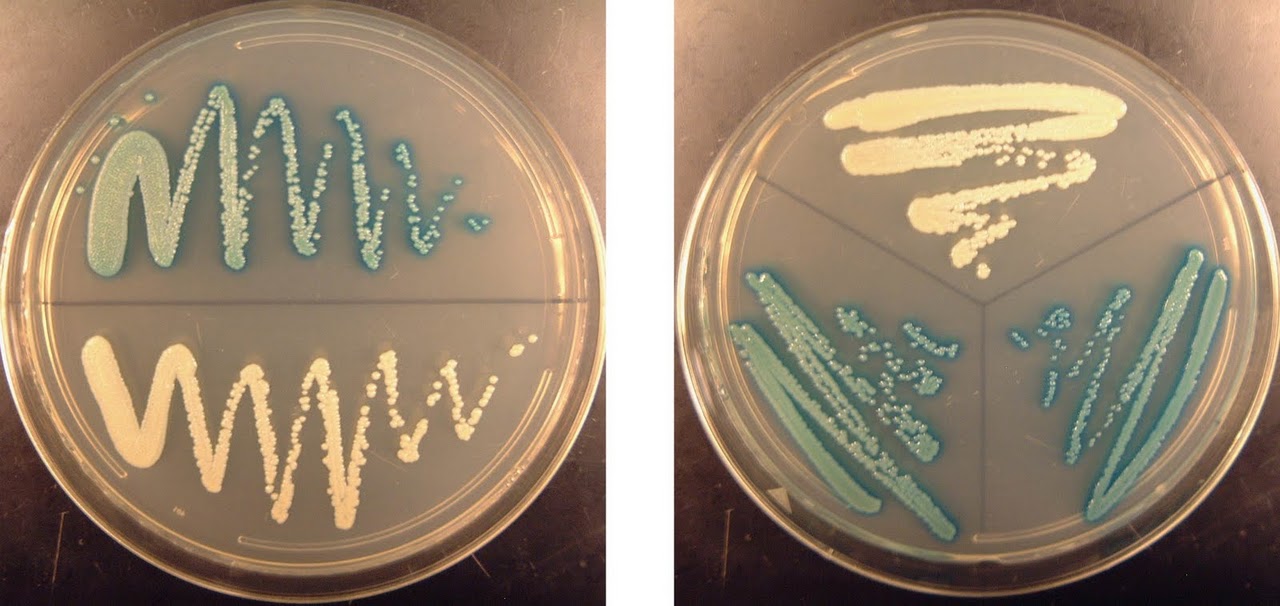
Mycobacterium tuberculosis. Her lab focuses on the design and application of chemical tools to study lipid biosynthesis and transport processes. The inhibition of these processes could provide novel avenues for antibacterial therapy.
Dr. J. Seeliger appreciates the support she has received from her pharmacology colleagues as she starts her lab. “I also have great colleagues in chemistry who work on TB. My lab is in West Campus, so it’s easy for me to interact with faculty in biochemistry and microbiology. That proximity has already helped with collaborations and general cross-pollination.”